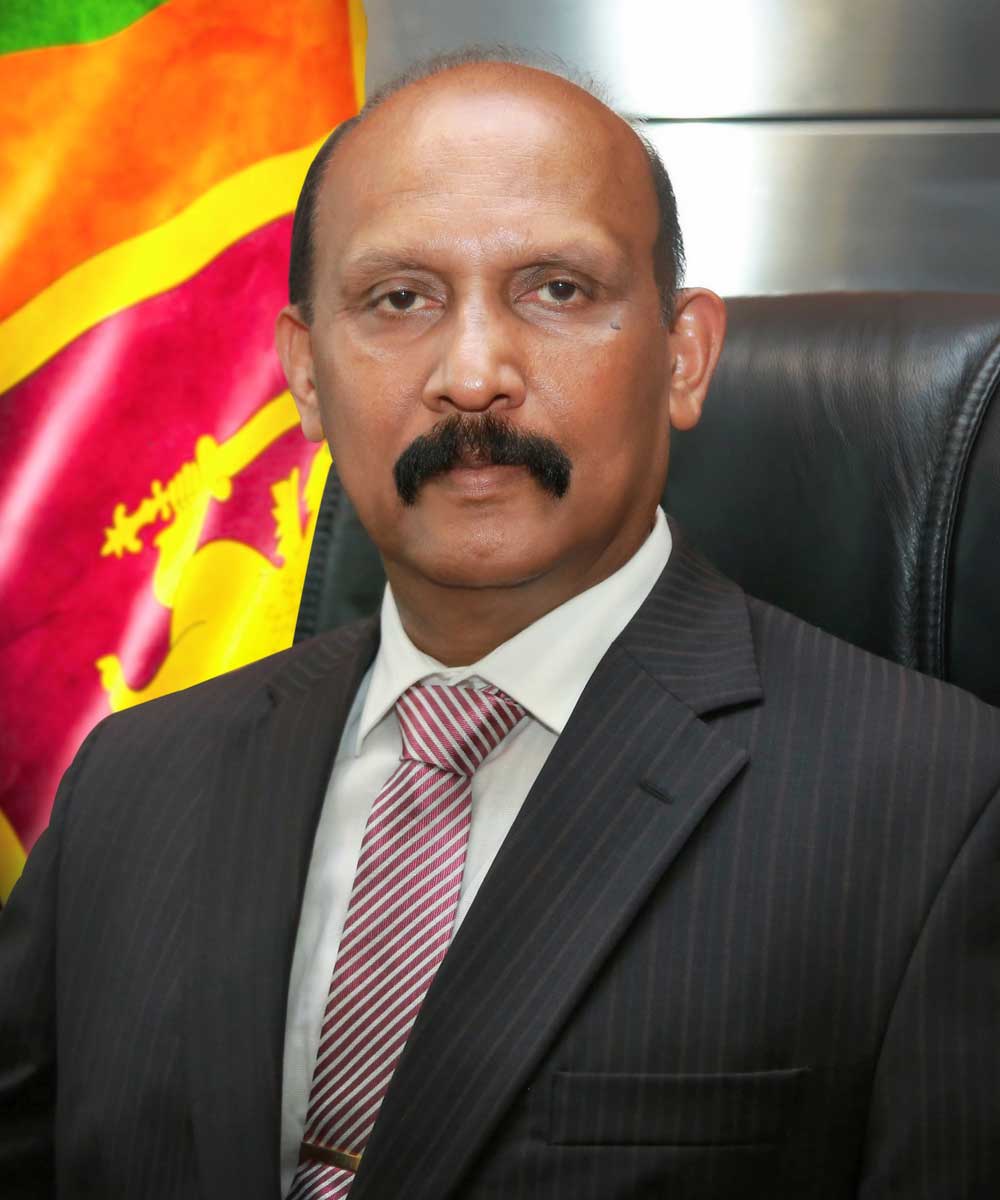
Sri Lankan Defence Secretary, Kamal Gunaratne, defended the controversial Kotelawala National Defence University (“KNDU”) Bill stating it does not hinder the state’s free education. The Bill has drawn widespread condemnation across the island, in particular the Ceylon Teachers’ Union (CTU), for reasons including, the proposed militarisation of Sri Lanka’s education and its proposed enactment without extensive national consultation or debate.
Whilst mentioning the uniqueness of this kind of University in the world, the accused war criminal added that “there are not any private institutions affiliated to this as said, except the military and police academies”. Citing the often-resorted justification of ‘discipline’, he explained that the objective of the KNDU is “to generate a lawful and disciplined generation embedded with leadership qualities in future to serve the motherland”.
He, along with General Sir John Kotelawala Defense University’s
(KDU) Vice Chancellor, Milinda Peiris, and Deputy Vice Chancellor, Professor Dhammika, were present at the virtual conference at the Government Information Department last Thursday.
The Bill was denounced by the CTU for its militarisation of the higher education system as the state is aiming to bring the proposed KNDU under the University Grants Commission (UGC). However, contrary to the Bill’s criticisms, Peiris said the KNDU “won’t be an umbrella to govern other state universities or to overrule the powers of the University Grants Commission (UGC), as claimed”. He added that “this is merely to be on par with the world universities, as it demands a proper structure.”
In relation to the allegations of militarisation, Gunaratne responded that the KNDU “is not totally governed by the military”.
Earlier this month, CTU staged protests against the passing of the Bill, during which its secretary, Joseph Stalin, and 15 other union members were arrested and kept at the Keppapulavu Air Force camp for 14 days. They were released following protests to release them from their arbitrary arrests.
Read more here.
We need your support
Sri Lanka is one of the most dangerous places in the world to be a journalist. Tamil journalists are particularly at threat, with at least 41 media workers known to have been killed by the Sri Lankan state or its paramilitaries during and after the armed conflict.
Despite the risks, our team on the ground remain committed to providing detailed and accurate reporting of developments in the Tamil homeland, across the island and around the world, as well as providing expert analysis and insight from the Tamil point of view
We need your support in keeping our journalism going. Support our work today.
For more ways to donate visit https://donate.tamilguardian.com.

